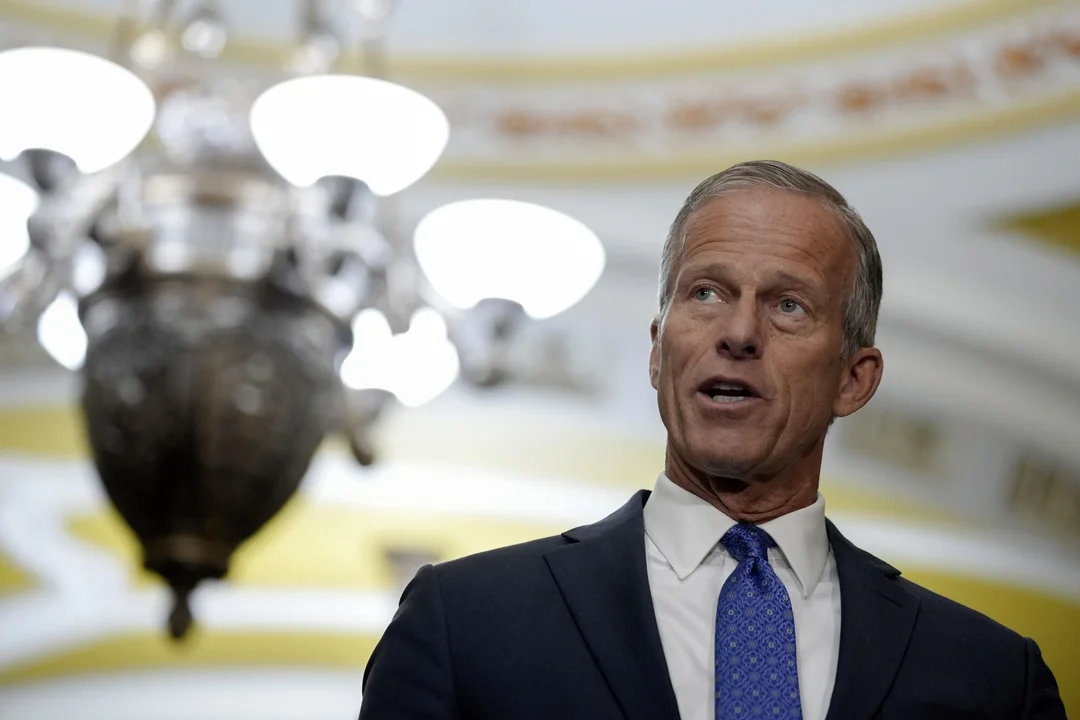
Is the Senate Filibuster Crumbling Over California’s Bold EV Push?
In a high-stakes clash that could reshape American politics, Senate Republicans are pushing to overturn California's electric vehicle (EV) law, potentially at the cost of the filibuster. This move highlights a deepening divide in Congress, where procedural battles over environmental policy might undermine long-standing Senate traditions. As the GOP eyes a simple majority vote, Democrats warn of far-reaching consequences for future legislation, making this more than just a fight over cars—it's a test of democratic norms.
The controversy centers on California's EV waiver, granted by the Environmental Protection Agency (EPA), which allows the state to enforce stricter auto emissions standards. Republicans argue this could lead to a de facto ban on gas-powered vehicles, threatening other states and industries. However, Senate parliamentarian Elizabeth MacDonough has ruled that the waiver doesn't qualify for reversal under the Congressional Review Act (CRA), which typically requires only a majority vote. Undeterred, GOP leaders like Senate Majority Leader John Thune and Whip John Barrasso are contemplating overriding her decision, a step that echoes past "nuclear" maneuvers to bypass Senate rules.

This isn't just about EVs; it's a broader assault on Senate procedures. Democrats, including California Senator Adam Schiff, have voiced strong opposition, calling it a precedent that could dismantle the filibuster entirely. Schiff stated in a letter, 'If they’re going to overthrow the parliamentarian on this, they’ll do it on anything else.' Republicans counter that this case is unique, citing disagreements with the Government Accountability Office's (GAO) findings. For instance, Sen. Kevin Cramer dismissed the GAO's role, emphasizing, 'The GAO does not have veto power over the United States Senate.' Yet, analysts warn this could expand the CRA's scope, allowing future majorities to target everything from energy permits to drug approvals without the 60-vote threshold.
Comparatively, during Joe Biden's presidency, Republicans defended the filibuster fiercely. Now, with Donald Trump in office, their stance appears to shift, driven by fossil-fuel lobbying. This irony underscores a potential double standard: what was once a shield against Democratic agendas might now become a tool for GOP priorities. Undecided Republicans like Sen. Susan Collins and Sen. Lisa Murkowski are weighing the risks, as even a few defections could derail the vote. The implications for reconciliation bills, such as tax cuts or Medicaid changes, are profound, as overriding the parliamentarian could erode checks on majority power.
In summary, this EV standoff serves as a litmus test for Senate integrity, potentially paving the way for more polarized governance. If Republicans succeed, it could accelerate Trump's agenda but at what cost to bipartisanship? What do you think—will this mark the end of an era, or just another political skirmish? Share your views in the comments and help us explore the bigger picture.